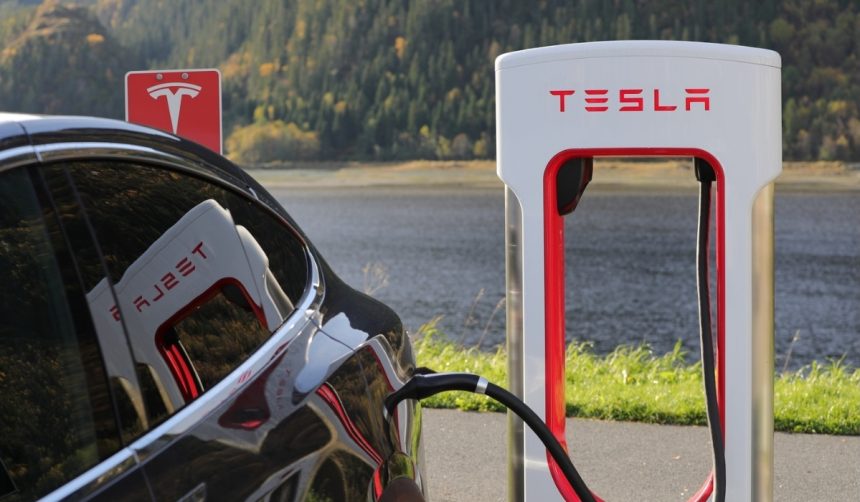Growing interest in autonomous driving has reached the Czech Republic’s political sphere, as Tesla’s Full Self-Driving (FSD) system approaches potential certification in Europe. Discussion stirred after an online exchange between Martin Kolovratník, a member of the Chamber of Deputies, and a constituent on social media, highlighting both concerns over electric vehicle incentives and excitement for Tesla’s advanced driver assistance system. Citizens are voicing opinions on how new vehicle technologies should be treated under highway usage rules, fueling legislative attention toward emerging mobility solutions.
International news earlier this year focused on EU-wide regulatory hesitancy regarding automated driving systems, with several member states taking a cautious stance. When Germany and the Netherlands initiated trials and limited permissions for semi-automated vehicles, most debates centered on safety verification and liability. Recent statements by Czech lawmakers signal an accelerated willingness to consider widespread deployment, in contrast to the earlier slow approach observed with Tesla Autopilot features. This growing interest mirrors shifting public sentiment about electric and autonomous vehicles across Europe.
Will Czechia End Highway Toll Exemptions for EVs?
Martin Kolovratník stated on X that he supports ending highway toll exemptions for electric vehicles and plug-in hybrids by 2027. Pointing out that these cars are no longer rare, he underlined the importance of equal rules for all road users regardless of vehicle technology.
“Electric vehicles are no longer a fringe technology, but a full-fledged part of operations. And if someone uses the highway network, they should follow the same rules as everyone else. That’s the basis of fairness,”
said Kolovratník, stressing economic considerations behind the coalition’s decision.
How Is Tesla FSD Perceived by Czech Lawmakers?
Following public commentary about Tesla FSD’s possible impact on road safety, Kolovratník responded positively to suggestions for swift legislative action. He acknowledged not just his awareness of the technology, but also his intent to initiate parliamentary discussions as soon as committee structures allow.
“I know about it. I like it and it seems interesting to me. Once we set up the committees and subcommittees, we’ll open it right away in that transport one. Thanks for the tip, I’ll deliver the report,”
he remarked after being asked if authorities would speed up the certification process following developments in the Netherlands.
Could European Approvals Accelerate FSD Rollout?
The Netherlands’ anticipated approval of Tesla FSD (Supervised) in February 2026 sets a benchmark for neighboring countries, with Kolovratník indicating Czech lawmakers may follow suit. If Czechia recognizes Dutch certification swiftly, Tesla’s advanced system could launch locally soon after Western Europe. Such cooperation would align Czech introduction of FSD close to its Western European counterparts, possibly impacting regulatory harmonization in the region.
Tesla’s efforts to bring FSD to more European markets reflect a broader shift in both industry and regulatory attitudes. Lawmakers in Czechia are navigating a balance between supporting innovative mobility solutions—such as the anticipated Tesla Cybertruck, equipped with updated FSD features—and reevaluating established incentives for electric vehicles. These combined policy and technical developments indicate ongoing public sector adaptation to changing transportation technologies.
As public policy adapts, consumers and businesses face changing operational rules and potentially new driving experiences. Readers interested in upcoming technology and mobility regulations should watch for committee decisions announced by Kolovratník in the Czech Chamber of Deputies. The debate over equal treatment of vehicle types and the timeline for FSD certification exemplifies the broader trends of balancing innovation, safety, and fairness within the European automotive sector. Staying informed on both regulatory updates and product rollouts like Tesla FSD will be key for those affected by these upcoming changes.










